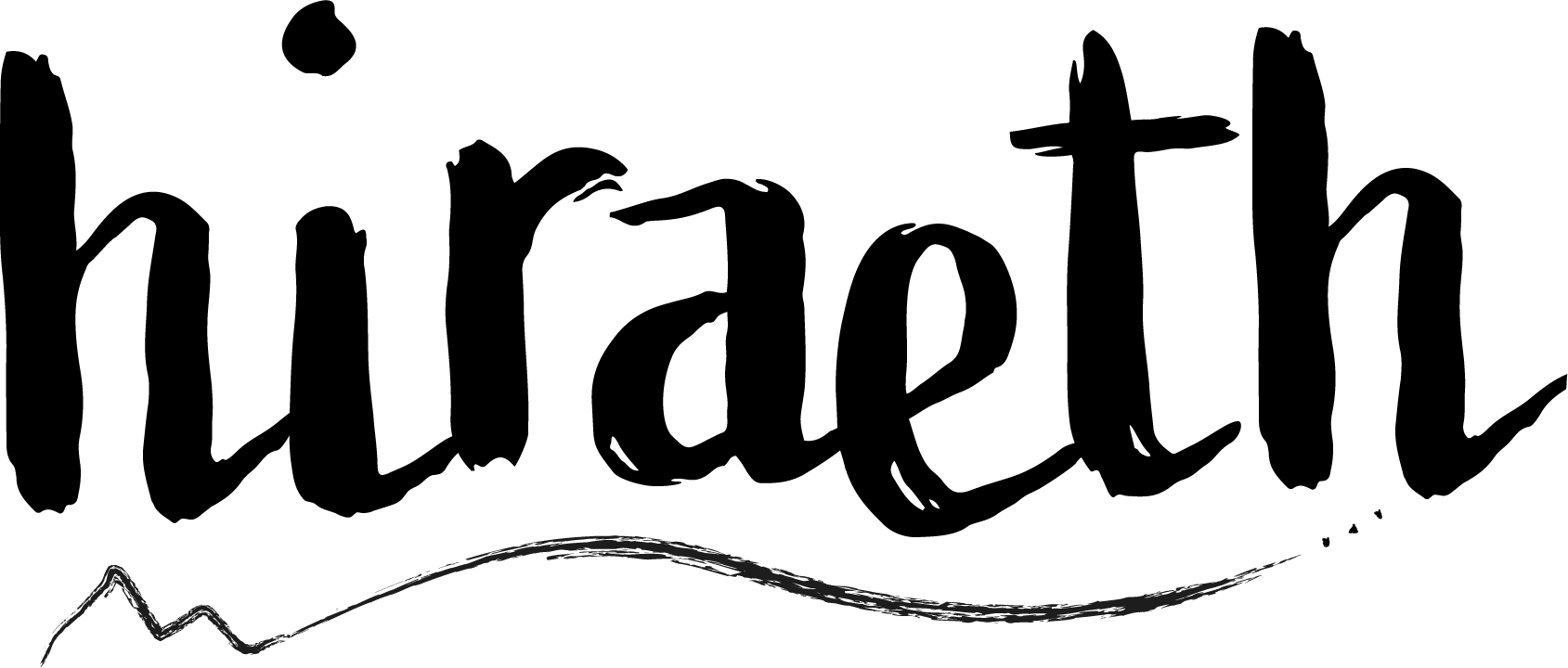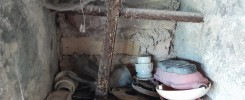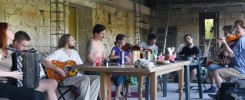Lees in het Nederlands | Read in English
BORDERS AND BRIDGES (5)
Shaked
The concert is played that evening on a lawn in the garden of our host family. Spotlights and speakers are connected, plastic chairs, an improvised bar. There are remarkably many people with very young children. In contrast to the rest of Croatia, there is a real babyboom going on here. We are in Pazin, a small town in the middle of the Croatian peninsula of Istria.
A group of local musicians is playing songs from the region but also from far beyond. Up to Flanders. The atmosphere is friendly but the nights can be cold in Pazin. After the concert, we gather around a fire. The group of Croatian, Slovenian and Flemish musicians start jamming. After each song, there is an amusing explanation of the origin, the version and the interpretation of the song. And then the next song quickly begins.
A Macedonian song is sung and one of the men around the fire points us to the South, to Macedonia. He knows the country well. During his military service, he was sanctioned. He was transferred to Macedonia. His stay of more than a year could not be called a punishment. On the contrary! We learn that there, in the South, the most beautiful girls can be found, the sweetest wines are made and the mentality is the most open. They are also poorer, though…
But here he is at home, in Istria. And he taps himself on the heart. This region has always been occupied because the soil is fertile and the location by the sea is strategically important. Even the Romans knew that. The magnificent arena in Pula is testimony to this as “a Colosseum by the sea”.
The history of Istria bears the stamp of the rulers from Venice or Austria-Hungary. Only after the break-up of Yugoslavia did Istria become part of Croatia. The man sighs and he says, it’s not really Croatia here. He looks at the mountains in the east, they form the border with what is really Croatia.
He continues about how this region has always welcomed migrants. Some arrived of their own accord, like his family who came from Italy. Others came through resettlement. They brought their own religion and were allowed and able to do so. Orthodox and Muslims used the Catholic churches for their prayer services. The man continuous talking about the importance of tolerance and the mixing of cultures as a source of wealth. On the other hand, when he meets new people, he always tries to find out their origins based on their names. Knowing your roots and history is also important…
Some contradictions linger in the air, but nearby, violins and an accordion, wind and fire, thoughts take their course: who are we, where and when…?
GRENZEN EN BRUGGEN (5)
Shaked
Het concert wordt die avond op een grasveldje in de tuin van onze gastfamilie gespeeld. De spots en boxen worden aangesloten, stoelen van plastiek, een geïmproviseerde bar koelt de drank. Er zijn opvallend veel mensen met erg jonge kinderen. Hier zou, in tegenstelling tot de rest van Kroatië, een ware babyboom aan de gang zijn. We zijn in Pazin, een kleine stad in het midden van het Kroatische schiereiland Istrië.
Een groep plaatselijke muzikanten speelt nummers uit de streek maar ook van ver daarbuiten. Tot Vlaanderen toe. De sfeer is gemoedelijk maar de nachten kunnen koud zijn in Pazin. Na het concert scharen we ons rond een vuurton. Het gezelschap van Kroatische, Sloveense en Vlaamse muzikanten slaat aan het jammen. Na elk nummer een geamuseerde uitleg over de oorsprong, de versie, de interpretatie van het nummer. Om dan al snel het volgende nummer in te zetten.
Er wordt een Macedonisch lied gezongen en één van de mannen rond het vuur wijst ons naar het Zuiden, naar Macedonië. Hij kent het land goed. Tijdens zijn legerdienst liep hij een sanctie op. Hij werd overgeplaatst naar Macedonië. Het verblijf van meer dan een jaar was geen straf te noemen. Integendeel! We leren dat daar in het Zuiden, de mooiste meisjes te vinden zijn, de zoetste wijnen worden gemaakt en de mentaliteit het meest open is. Ze zijn er ook wel armer, dat wel…
Maar hier is hij thuis, in Istrië. En hij klopt zich even op het hart. Deze regio werd altijd al bezet want de grond is er vruchtbaar en de ligging bij de zee is strategisch belangrijk. Dat wisten zelfs de Romeinen al. Hiervan getuigt de prachtige arena in Pula als “een Colosseum aan de zee”.
De geschiedenis van Istrië draagt de stempel van de heersers uit Venetië of uit Oostenrijk-Hongarije. Pas na het uiteenvallen van Joegoslavië werd Istrië een onderdeel Kroatië. De man blaast eens, echt Kroatië is het hier niet meent hij. Hij kijkt naar de bergen in het Oosten, ze vormen de grens met wat écht Kroatië is.
Hij gaat verder over hoe deze regio al altijd migranten heeft verwelkomd. Sommigen kwamen hier uit eigen beweging aan, zoals zijn familie die uit Italië kwam. Anderen kwamen hier via hervestiging terecht. Ze brachten hun eigen religie mee en dan mocht en kon. Orthodoxen en moslims maakten gebruik van de Katholieke kerken voor hun gebedsdiensten. De man gaat verder over het belang van tolerantie en het vermengen van culturen als een bron van rijkdom. Anderzijds, als hij nieuwe mensen ontmoet, probeert hij op basis van hun namen steeds de herkomst te achterhalen. Je wortels en geschiedenis kennen, ook dat vindt hij belangrijk…
Er blijven wat tegenstrijdigheden in de lucht hangen maar vlakbij, weerklinken violen en een accordeon, de wind en het vuur, de gedachten gaan hun gang: wie zijn we, waar en wanneer…?
- Katelijne Béatse
- Pazin (Croatia)



